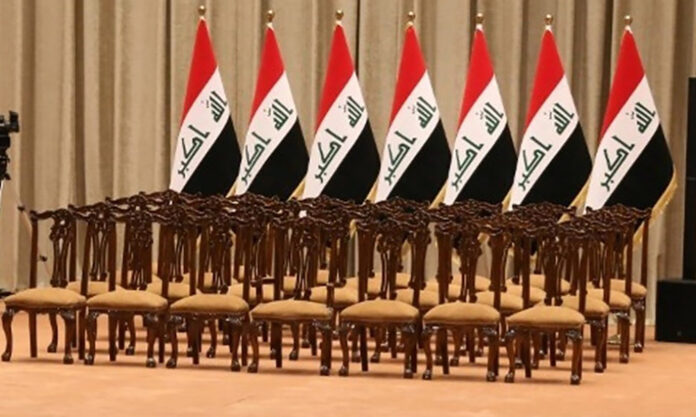Hassan Hadi Al-Assadi
Eighteen years have passed since 2003 on Iraq, which was characterized by administrative and financial corruption, a decline in services at all levels, a near-complete collapse of its infrastructure, bloodsheds, and the lives that were lost under the pretext of nationalism, religious and sectarian acts, and the domination of the partisan, family name and factional systems over the country’s capabilities, and its wastage through the absence of The national patriotism, humanitarian and legal legitimacy of the rulers, as if Iraq is going through the worst period in its history.
After the free and eager youth rose up demanding a homeland that was lost by the hands of the ignorant and corrupt, they stood for what they believed in, only to be faced by the bullets of injustice and tyranny; To put a limit to the deterioration, and to save the country, all of us must honor the blood that was shed in defense of Iraq’s sovereignty and dignity by reforming the country at political, economic, social, security, service and other levels, which were sabotaged before and after the invasion, and after the absence of a clear vision of the successive governments who managed the country in light of the recovery of wealth and the increase in imports, unlike the period of the unjust sanctions. There was no specific economic and financial policy that sought a specific time goal, and the next government had to start that with all the strength and powers it had, especially since the country was too late to catch up with the variables of the global economy in the last two decades, and the tendency to reduce dependence on “fossil-fuel” energy, which still represents more than (95%) of the Iraqi budget resources, burdened with the operational part, in a way that made it lag far behind in meeting the required investment benefits.










